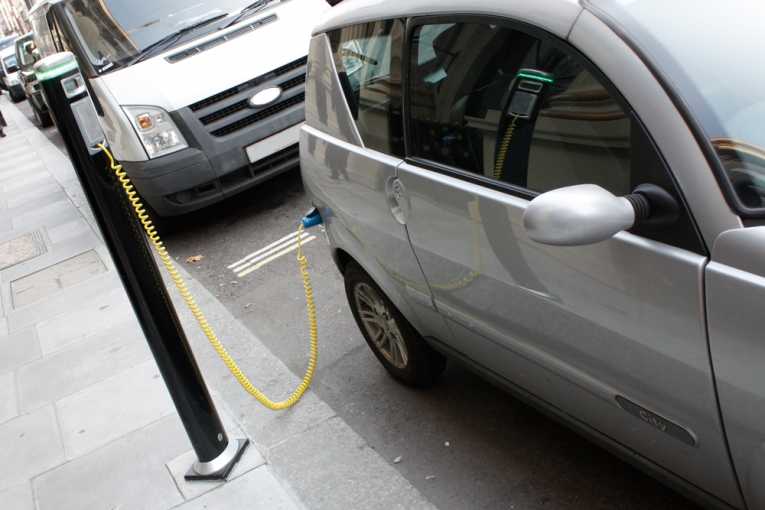Electric vehicles reduce CO2 emissions, which are associated with global warming, as obviously they do not produce any directly; electric vehicles also have lower fuel running costs throughout the United States, a new UCS study has found. The study reports that electric vehicles are always better than gas (petrol) powered vehicles with regard to overall emissions.
However, emissions from electricity generation, which powers the grids to charge electric vehicles varies greatly in different areas of the U.S. This means that the benefits and advantages of running an electric vehicle can vary considerably from region to region, according to the Union of Concerned Scientists (UCS).
For the first time, the UCS study, State of Charge: Electric Vehicles' Global Warming Emissions and Fuel Cost Savings Across the United States, analyses the levels of emission and costs created by electric vehicles that are charged by using the electricity grid and compares them with petrol-powered cars.
Author Don Anair, who is also USC's senior engineer on the Clean Vehicles Program, says, "This report shows drivers should feel confident that owning an electric vehicle is a good choice for reducing global warming pollution, cutting fuel costs, and slashing oil consumption."
Up until now, drivers may have been unsure about the exact benefits to the environment and to their pocket of using electric vehicles. But the USC report provided the answers they need, he says.
The report lists vehicle categories, provides data from electric grid areas and reveals which regions are 'best', 'better' or 'good' for owning electric vehicles.
Around half (45%) of the areas receive the 'best' rating, which means the electric vehicles have lower emission ratings than a petrol car achieving 50 miles per gallon. In many areas of New York and California, electric vehicles can have equivalent emissions of a petrol vehicle delivering 80 miles a gallon, say the UCS researchers.
In areas where coal drives the electricity grid, electric vehicles still stand up well. In areas of the Rocky Mountain, driving an electric vehicle is equivalent to a petrol equivalent of 33 miles a gallon, which is much the same as the top petrol-powered cars.
The electric grids are improving all the time and are becoming 'cleaner', according to the study. Many are introducing new standards for renewable electricity and no longer using old or dirty coal plants.
As the grids become cleaner, the emission levels of electric vehicles also improve, Mr Anair believes.
As well as eco benefits, owners of electric vehicles can also save on running costs. In the US, drivers can lower their fuel bills from between $750 to $1,200 (£470-750) a year. This calculation is based on prices of $3.50 (£2.19) per gallon and 27 miles per gallon average fuel economy of petrol vehicles. If fuel prices increase, electric vehicle drivers can save even more. Those in areas such as California, with lower off-peak night-time electricity rates can receive a few hundred dollars more in savings.
During the rest of this year, it is expected that another 10 electric vehicle models will be launched, providing more consumer choice.
Researchers say it is even possible to power electric drive vehicles by using wind or solar power, but demand from owners will need to demand changes on powering clean electricity before they become more widespread.
The UCS is a leading non-profit American scientific body that promotes health and safety in the world. It was founded in 1969 and has several bases in the US.










